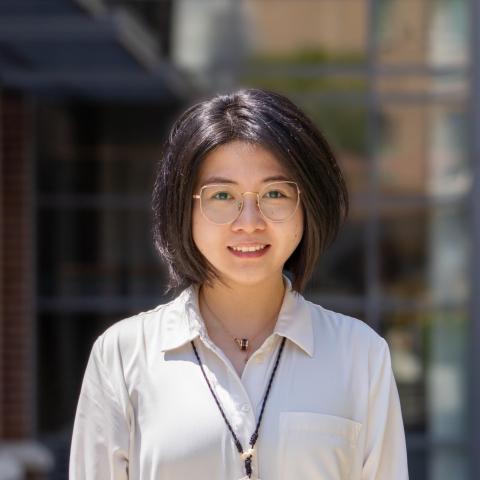CS Colloquium: Hengrui Cai

Speaker: Hengrui Cai
Date: Friday, February 24th, 2023
Time: 3:00 PM
Location: HH 1010
Host: Shiyu Chang
Title: Towards Causal Revolution: On Learning Heterogeneity and Non-Spuriousness in Causal Graphs
Abstract:
The causal revolution has spurred interest in understanding complex relationships in various fields. Under a general causal graph, the exposure may have a direct effect on the outcome and also an indirect effect regulated by a set of mediators. An analysis of causal effects that interprets the causal mechanism contributed through mediators is hence challenging but on demand. In this talk, we introduce a new statistical framework to comprehensively characterize causal effects with multiple mediators, namely, ANalysis Of Causal Effects (ANOCE). Built upon such causal impact learning, we focus on two emerging challenges in causal relation learning, heterogeneity and spuriousness. To characterize the heterogeneity, we first conceptualize heterogeneous causal graphs (HCGs) by generalizing the causal graphical model with confounder-based interactions and multiple mediators. In practice, only a small number of variables in the graph are relevant for the outcomes of interest. As a result, causal estimation with the full causal graph -- especially given limited data -- could lead to many falsely discovered, spurious variables that may be highly correlated with but have no causal impact on the target outcome. We propose to learn a class of necessary and sufficient causal graphs (NSCG) that only contain causally relevant variables by utilizing the probabilities of causation. Across empirical studies of simulated and real data applications, we show that the proposed algorithms outperform existing ones and can reveal true heterogeneous and non-spurious causal graphs.
Bio:
Dr. Hengrui Cai is an Assistant Professor in the Department of Statistics at the University of California Irvine. She obtained her Ph.D. degree in Statistics at North Carolina State University in 2022. Cai has broad research interests in methodology and theory in causal inference, reinforcement learning, and graphical modeling, to establish reliable, powerful, and interpretable solutions to real-world problems. Currently, her research focuses on causal inference and causal structure learning, and policy optimization and evaluation in reinforcement/deep learning. Her work has been published in conferences including ICLR, NeurIPS, ICML, and IJCAI, as well as journals including the Journal of Machine Learning Research, Stat, and Statistics in Medicine.